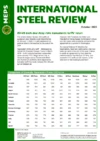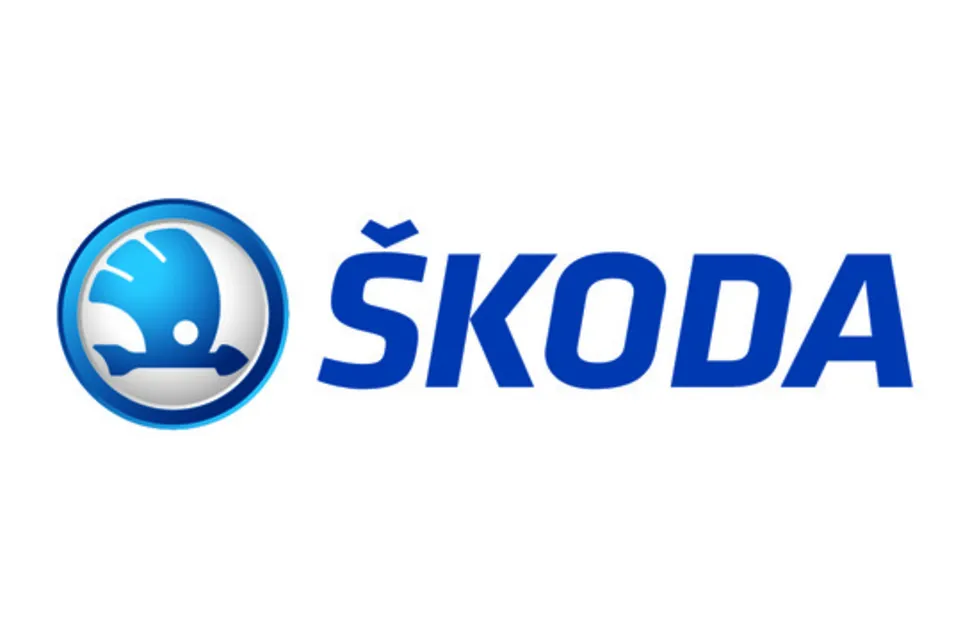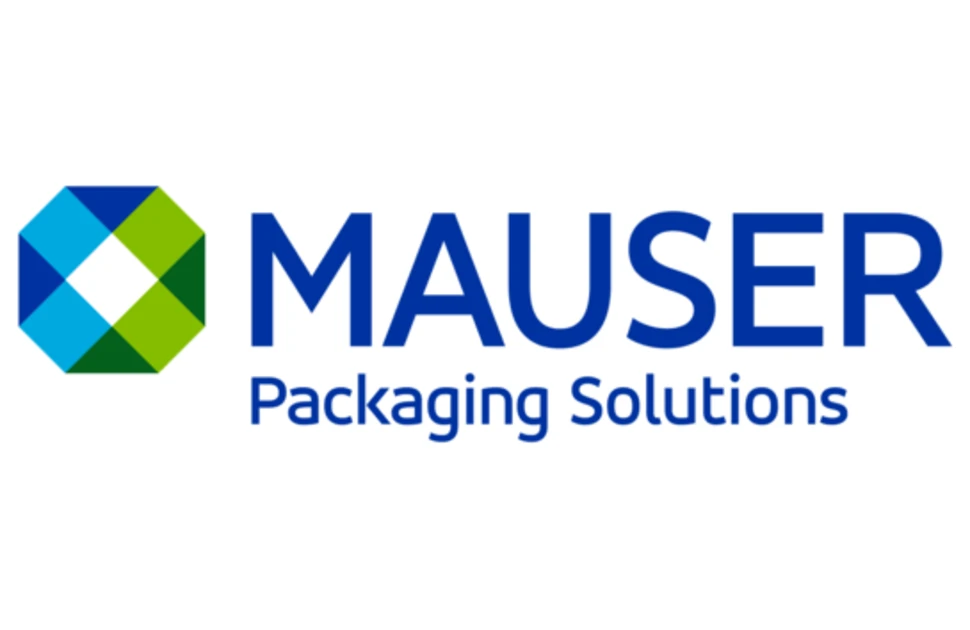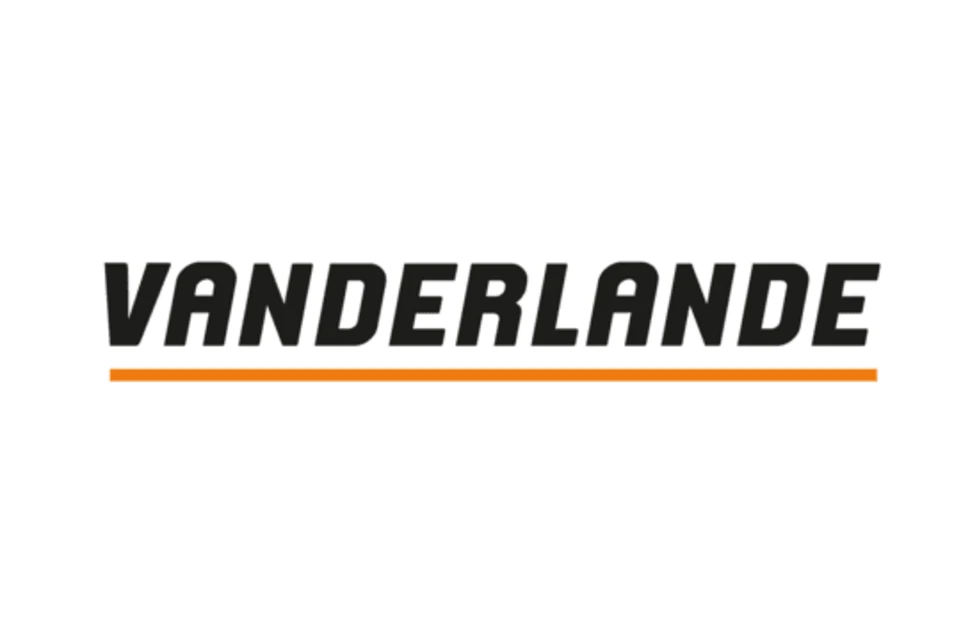US rebar prices stabilise amid balanced fundamentals
The recent upward pricing momentum in the US reinforcing bar market ground to a halt, this month.
Prices for all steel products, including rebar, advanced sharply in March. The initial shock of Russia’s military action in Ukraine resulted in a spike in raw material expenditure. Disruption to CIS-origin pig iron imports and an escalation in scrap costs prompted a rise of almost 10 percent in domestic rebar values, last month.
Mills in the United States quickly withdrew their existing quotations and revised them, to elevated levels. In the absence of competitive foreign alternatives, local buyers were required to pay significantly more for their material.
Buoyed by their success, domestic rebar suppliers recently announced a new list price hike of US$40 per short ton. Nonetheless, purchasing managers have several reasons to resist the mills’ latest increase.
Scrap costs were initially expected to rise significantly, in April. However, due to weakening sentiment in international markets, notably that of Turkey, prices for scrap grades, with the exception of prime material, were unchanged from the March numbers.
Moreover, it is widely acknowledged that rebar market fundamentals are, largely, in equilibrium. This is curtailing any upward price pressure.
Amid the substantial increase in the mills’ selling values, last month, most US rebar buyers are purchasing only for their immediate needs. They have little incentive to procure material for speculative purposes.
End-user demand is solid yet unspectacular. Construction-related activity is expected to pick up during the second quarter – a typically stronger period. Consumption should be boosted by the “Buy America” mantra from the current Biden administration.
However, inflationary pressures are likely to have a dampening effect on future rebar demand. Increasing costs for steel, and other commodities, may lead to the postponement of new projects. The prospect of rising interest rates will prompt a reduction in available credit facilities.
Most US reinforcing bar distributors have the option of procuring small quantities, on a more frequent basis. Mill delivery lead times for straight lengths remain short. In contrast, MEPS understands that supply of rebar in coil is tighter.
Availability of stock items is limited, from most producers. Many steel manufacturers may take this opportunity to build up their inventory, amid weaker-than-expected order intake.
In the short term, US rebar suppliers should be able to avert the threat of price reductions, due, in part, to a lack of supply options from third countries.
Many overseas producers that traditionally sell to US customers are either focusing on their home markets, or now believe that shipping material to Europe may be a more attractive proposition.
Inflated price offers and a four-month delivery lead time for foreign material are unlikely to attract interest from US buyers, particularly if they can source all of their requirements domestically.

Source:
International Steel Review
The MEPS International Steel Review is an essential monthly publication, offering professional analysis and insight into carbon steel prices around the world.
Go to productRequest a free publication





